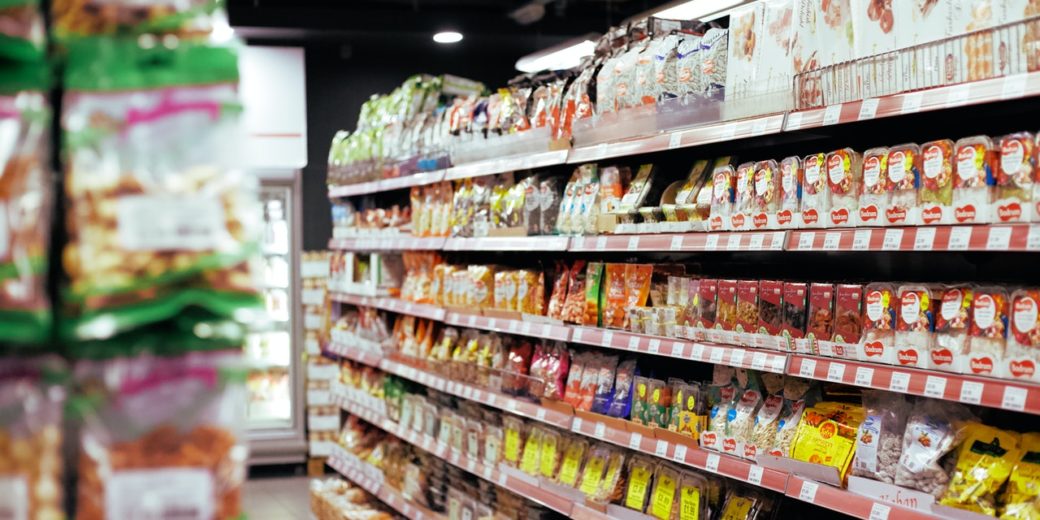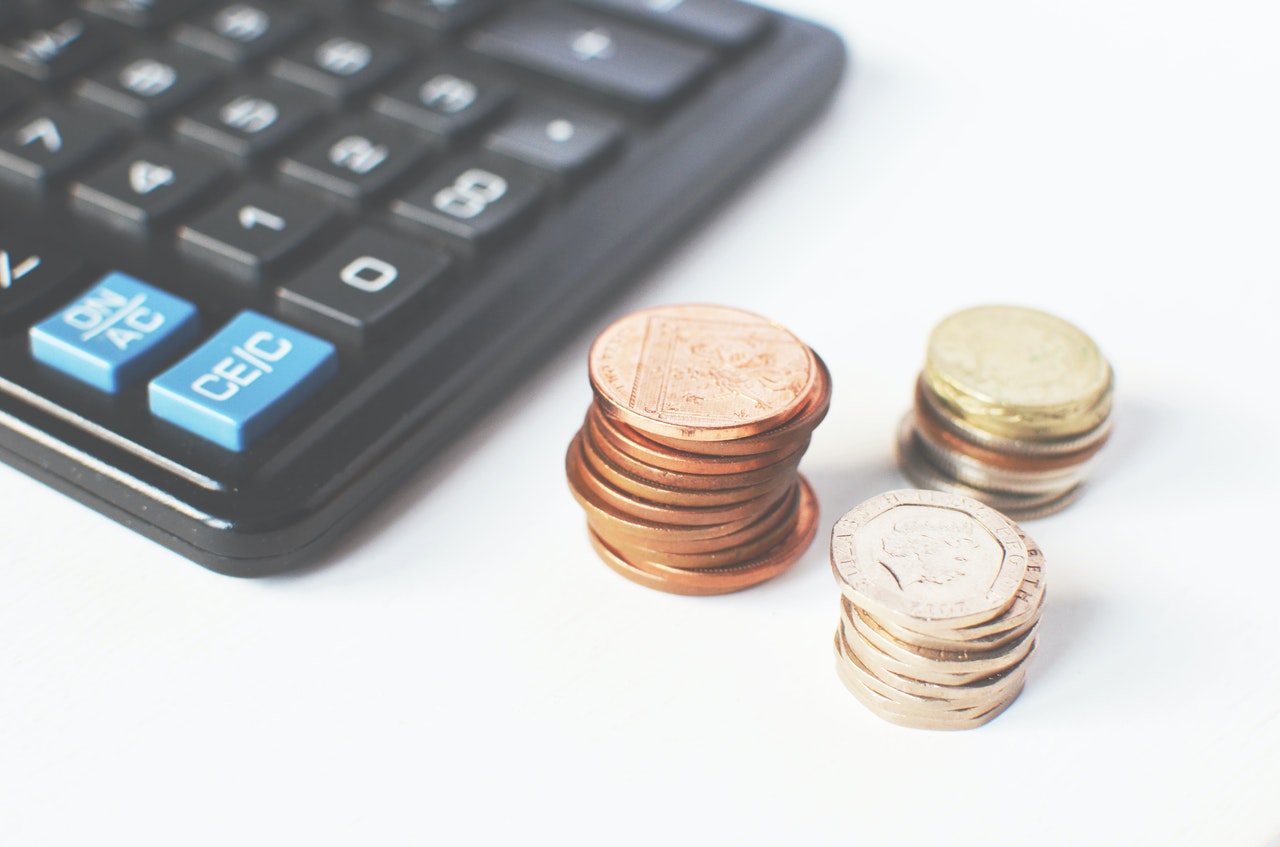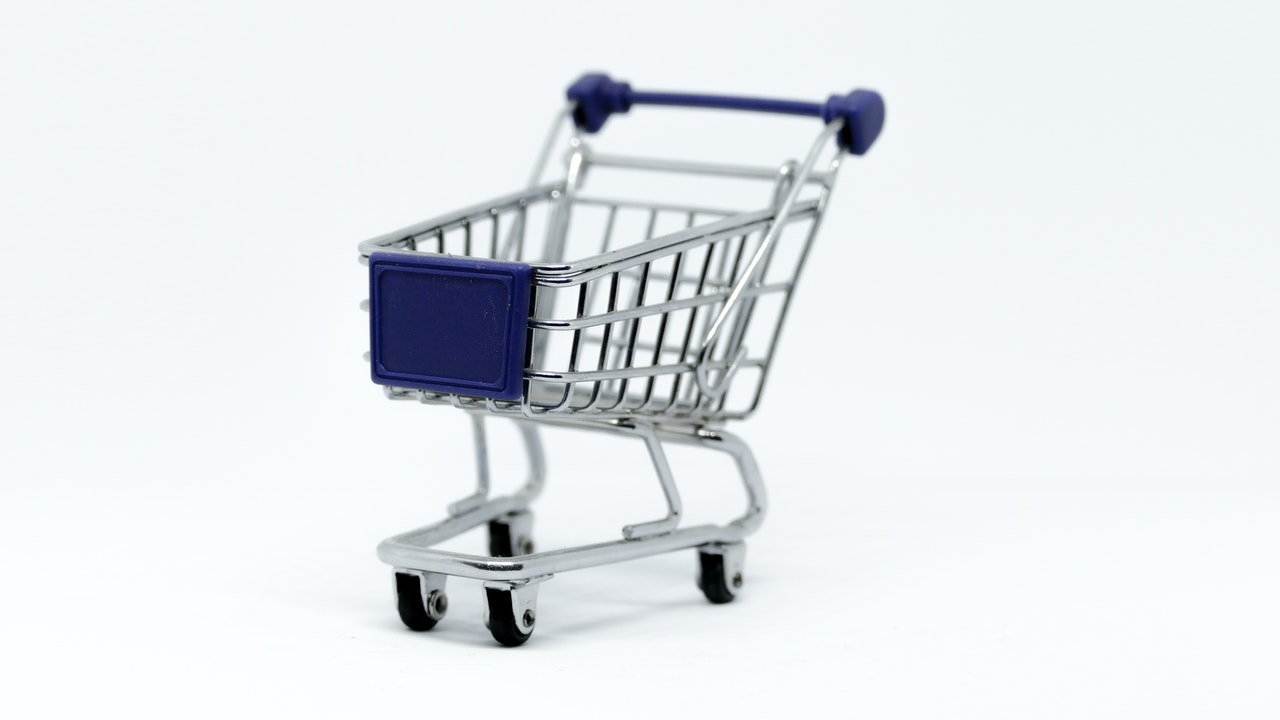Strategies You Can Use To Save Money on Grocery Shopping

How often do you spend more than you would like at the grocery store? Seeing all the sales and bright packaging is enticing, and it is meant to be, which is why it is necessary to have strategies for when you go to the store so you can save money. Check out the following ten tips for saving money while shopping.
1. Price Compare
The best tool available to shoppers is the ability to comparison shop. Many grocers now have
apps for your smart devices that allow you to check for prices and deals before going to the store. Take advantage of these tools so that you can save money on routine purchases.

2. Plan Meals
The worst thing you can do is go to the grocery store when you are hungry. It is much easier to overindulge and overspend when you do not have a plan. Therefore, before heading out to the store, make a meal plan, and stick to it.
3. Vacuum Seal Meats and Freeze
Do you have an issue with meat spoiling before you have a chance to eat it? Many people do
because life is unpredictable at times, and food gets wasted. Fortunately, you can avoid some of the spoilage by purchasing a vacuum sealer. By sealing the meat and freezing it, you can often add weeks or months to the food.
4. Shop Outer Aisles and Bottom Shelves
Grocery stores have a hierarchy to the way they stock their shelves. Premium, name-brand
goods are placed at eye level to encourage people to buy more of the product. The lower items and those placed on the outer aisles are often more affordable.

5. Purchase Generic
Do you have food preferences, or can you buy any brand that is on sale? If you do not have a
preference, then try purchasing generic food goods. Generic items are usually far less expensive than name brands.
6. Buy Bulk
While not always true, buying in bulk can save you a lot of money. This doesn't work with every product type, but you may find that paper goods or laundry detergents are cheaper when purchased this way.
7. Use a Calculator
Sometimes, it is not necessary to overthink the shopping experience. Often, all you need is a
calculator. By keeping an accurate tally of your shopping basket, you will keep yourself focused on your spending limit.
8. Use a Small Cart
Like using a calculator to keep track of your spending, you can use a smaller cart or basket to
limit your urge to grab things you do not need. With larger carts, it is easy to overestimate what you need, causing you to spend more than you intended.

9. Buy Frozen Vegetables
While it is not cost-effective to purchase all vegetables frozen, some produce is. For example, it is almost always cheaper to buy frozen spinach or peas. Consider all costs before choosing frozen and definitely comparison shop.
10. Buy In-Season
Always buy produce in-season. By purchasing in-season goods, you can take advantage of
farmer's markets, which offer great deals.
Finding savings wherever possible is part of retirement, and the grocery store is an excellent
place to start. If you would like more retirement tips, then keep reading the Wise Ol' Crow.
